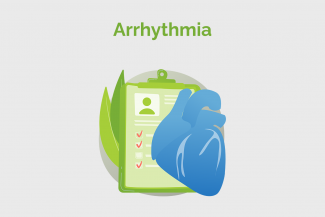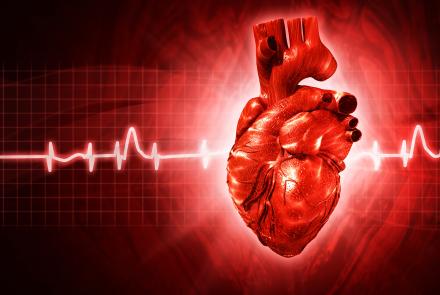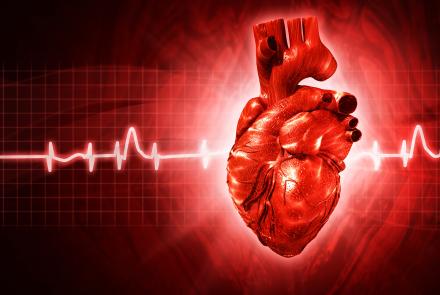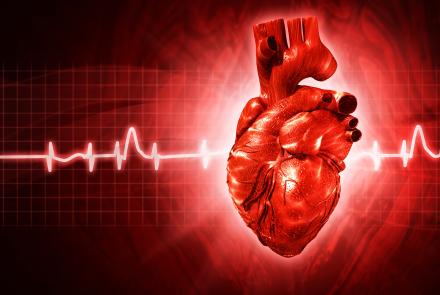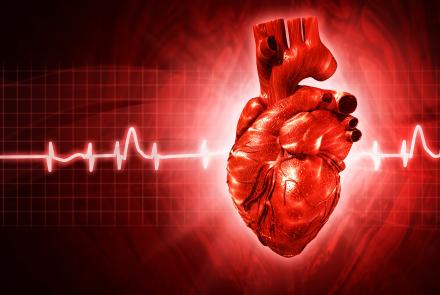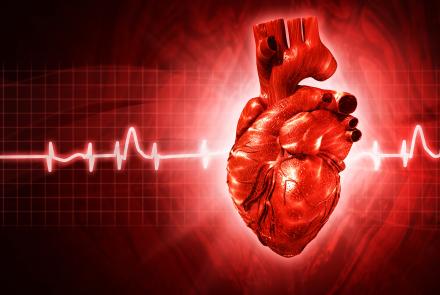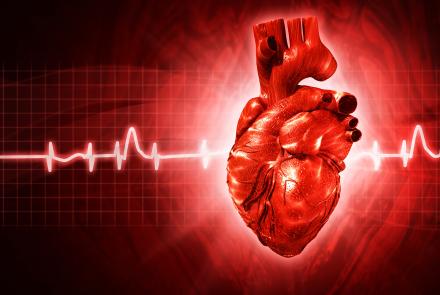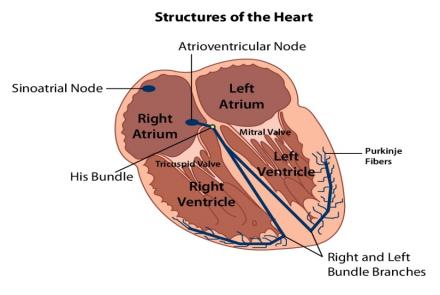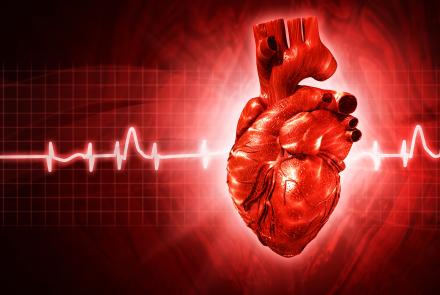Arrhythmias are disorders of the heart’s electrical system, which means there is a change in the regular beat. Arrhythmia should not be dismissed, and it is always advisable to get it checked out. Most palpitations are harmless, but they must be investigated.
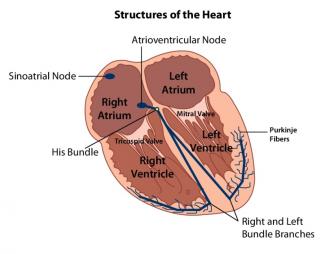
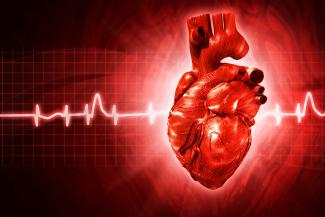
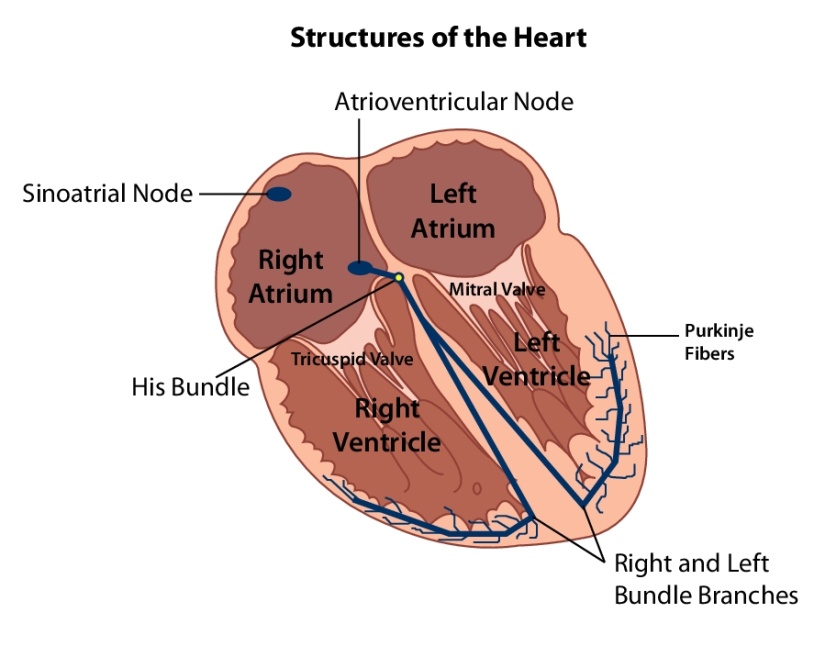
What causes arrhythmias?
| CARDIAC | HORMONAL | MEDICATIONS | OTHER |
| High blood pressure |
Hyperthyroidism –Over production of thyroid hormone |
Certain medications used to treat irregular heartbeats Eg. Β-blockers, Ca-channel blockers |
Stress |
| Coronary artery disease |
Dehydroepiandrosterone [DHEA], a natural steroid hormone. When taken as a supplement is known to produce palpitations as a side effect. |
Thyroid medications | Low blood oxygen |
| Valvular heart disease, e.g. Mitral Valve Prolapse | Perimenopause – when progesterone hormone levels are low. |
Herbs such as ephedra, ginkgo biloba, ginseng, guarana, etc. | Dehydration |
| Heart failure | Pregnenolone | Amphetamine | High fever |
| Heart attack | Low sugar levels [Hypoglycemia] | Pseudoephedrine or cold medications | Anemia |
| Cardiomyopathy | Certain Diet Pills | Pregnancy | |
| Pericarditis (inflammation of the heart’s outer layer) | Illegal drugs like Marijuana or cocaine in excess. | An athletic body where the heart rate is lower than normal. | |
|
Electrolyte imbalances in blood (such as sodium or potassium) |
Amino acids, Phenylalanine and Tyrosine in high doses. | Anxiety or fear | |
| Excess Alcohol & Caffeine | Asthma |
*Often medicines can cause arrhythmias if there is an existing heart problem. Rarely, do medications cause arrhythmias in people who don’t have heart problems.
Changed
05/Nov/2017
Community
Condition

